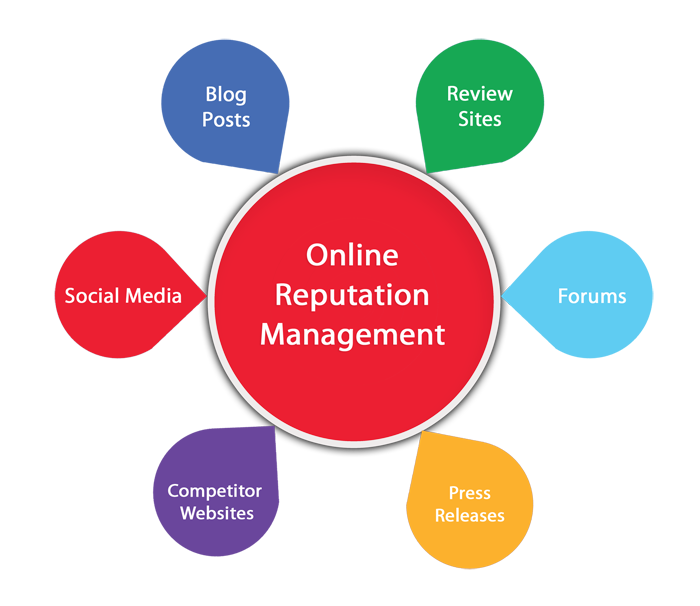
Unfortunately most people don’t consider online reputation management until it’s too late. At that point, they’re typically in an unpleasant and likely costly situation. It’s certainly easy for businesses to take their reputations for granted when there isn’t a tide of negative posts and information being shared all over the Internet about their brand. And then all of a sudden, online reputation becomes crucially important.
So, how do you avoid an online reputation crisis, and if you do find yourself in the storm, how do you recover from it?
Keep Your Reputation Clean
Let’s face it, no business is perfect and you’re likely to have customers that make the decision to head online and complain. The best way to combat negative reviews is to ensure you share as many as of your positive reviews.
Claim Your Name – Everywhere
If you haven’t already, claim your name on all social media platforms possible. Look out for fakes, and claim those if you find them. Make sure your profiles have consistent and accurate information.
Shout From The Rooftops
A well crafted SEO campaign will ensure you are constantly creating and promoting unique content that links back to relevant pages on your website. The aim here is to spread the message far and wide so that Google and other search engines pick up the content you want them to see, and show in their results.
Video & Images Are Powerful
Google gives high priority rankings to results from YouTube and Google Images. Make use of them. Create a Flickr account and upload photos. Create a presentation and upload it to SlideShare.
Damage Control: How to Handle An Online Reputation Crisis
A strategy of positive mentions is the aim of the game here.
1. What keywords do the negative posts appear for? Perform an exhaustive audit and be sure to get the full list.
2. Identify the URL’s (websites) you want to bury. Start tracking the keywords they are ranking for and their current search engine results positions.
3. Create and/or optimise your social profiles. Include the target keywords.
4. Ramp up your content contributions ASAP. Get your content out there as much as possible. Guest contributions are key here. Make sure you include your keywords and your company name in the title to help ranking these.
5. Link to your social profiles in articles. Mix it up, link to each of them, across various posts/articles.
Critically, you’ll need to track the results of your efforts. Analyse the results and consider the effectiveness of your campaign. Has your effort changed the rankings of the negative mentions? What new mentions are you seeing? What tweaks are needed to continue or boost performance?
Don’t Get Caught With Your Pants Down
When it comes to online reputation management, get ahead of the curve. Don’t leave yourself exposed and vulnerable waiting for a crisis. Be prepared and ensure your social media management specialist is including online reputation management as part of the service they supply you with.





